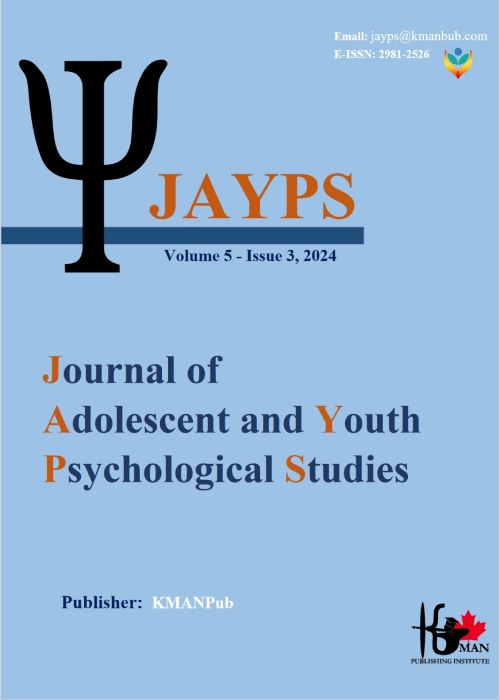Evaluation of resilience components of the identity of recovered addicts in resocialization: a case study of clients in addiction rehabilitation
Drug addiction is one of the most important problems of the present era, which has gained a global scope, has gone beyond the boundaries of health and treatment, and has turned into a social and family problem. Addiction, in most cases, causes a person to be isolated from society. Therefore, the present study aimed to evaluate the resilience components of the identity of recovered addicts in resocialization: the case study of referrals in addiction recovery centers in districts 4, 6 and 22 of Tehran).
The current research was a descriptive survey research in terms of its practical purpose and in terms of the method of data collection. The method of conducting this study (post-event) as well as this study was in the scope of quantitative research. In the present study, the population included all people who recovered from addiction in rehabilitation centers in Tehran's 4th, 6th, and 22nd districts. The method of selecting samples randomly was simple. Among the 2580 people who referred to these centers, 388 people were selected randomly and with a probability proportional to the volume of the center's clients. For this, a list of centers and the number of its clients was prepared, and 11 centers were systematically selected. This study was carried out in accordance with ethical considerations. The data collection tools were demographic characteristics, resilience scale, and a researcher-made questionnaire on the factors affecting addiction recovery. Data analysis was done by SPSS 24.0 statistical software.
The results showed a significant difference between the average scores of identity resilience of those who recovered from addiction in the post-test with resocialization (P<0.01) so the level of socialization had increased.
According to the obtained results, it can be claimed that environmental protective factors, environmental risk factors, and exchange-environmental processes are effective in resiliency against abuse and prevention of re-addiction.
- حق عضویت دریافتی صرف حمایت از نشریات عضو و نگهداری، تکمیل و توسعه مگیران میشود.
- پرداخت حق اشتراک و دانلود مقالات اجازه بازنشر آن در سایر رسانههای چاپی و دیجیتال را به کاربر نمیدهد.


